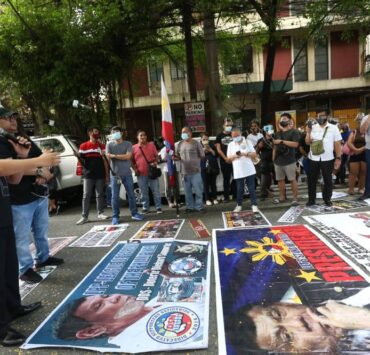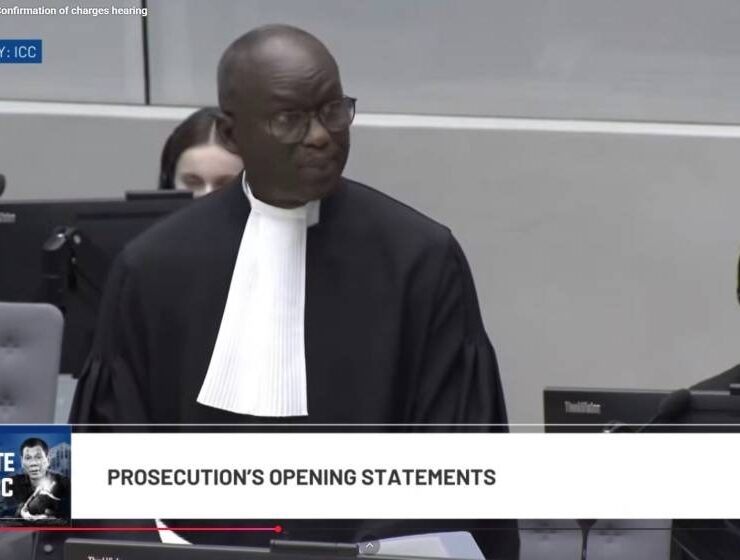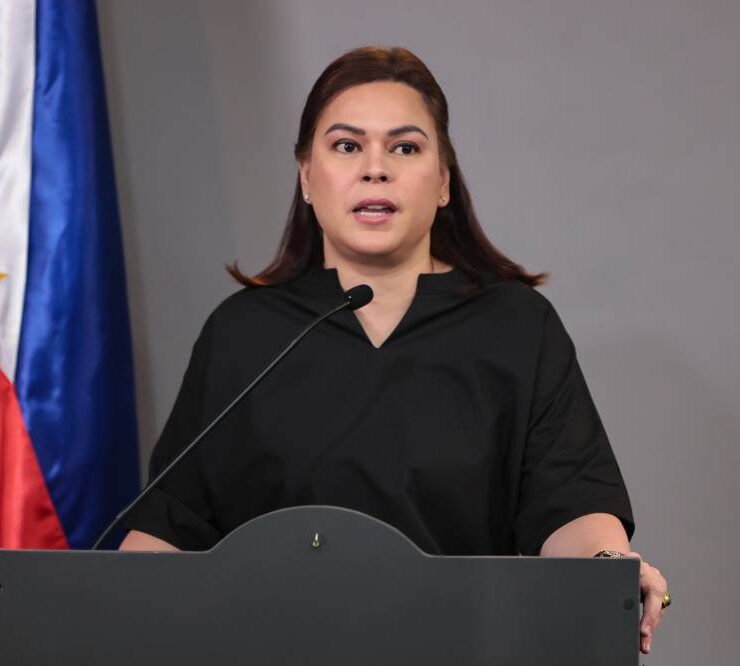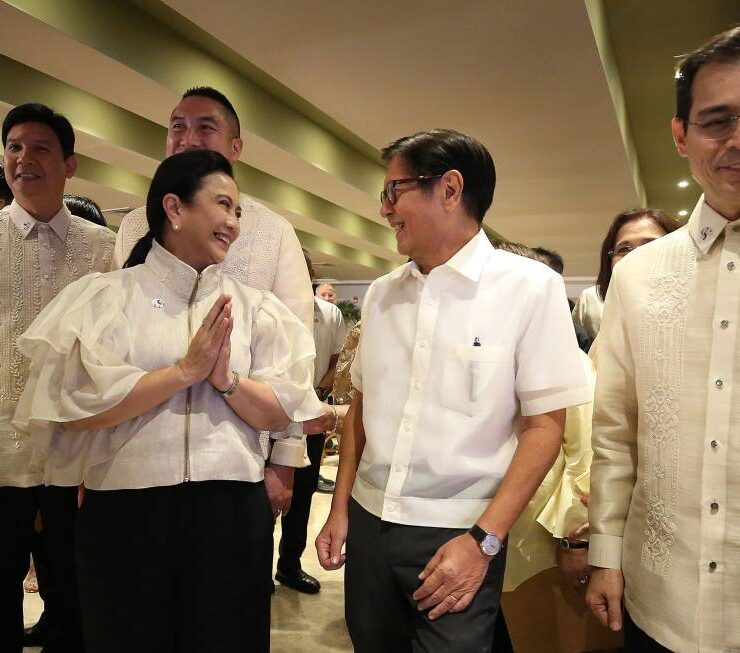Court orders gov’t to pay Hacienda Luisita P28B
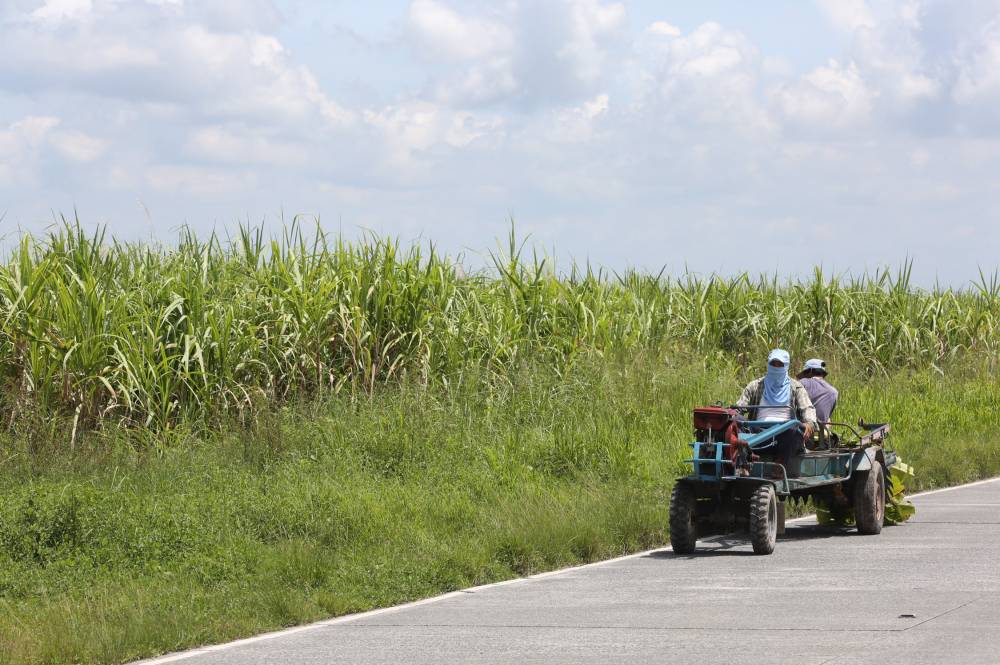
The Court of Appeals (CA) has ordered the government to pay Hacienda Luisita Inc. (HLI) P28.49 billion as just compensation for 4,500 hectares of land in Tarlac expropriated in 1989 at a low valuation under the Comprehensive Agrarian Reform Program (CARP).
Granting HLI’s petition, the CA’s Special 12th Division reversed a Tarlac City Regional Trial Court (RTC) ruling that had pegged the compensation at only P1.029 billion, a computation that the appellate court said relied only on industry data and not on the actual valuation of the subject property.
The CA also said that interest must be included due to the long delay in payment as the land was taken on Nov. 21, 1989, but payments began only in 2013.
“It bears to stress that just compensation entails not only the correct determination of the amount to be paid to the owners of the land, but also payment within a reasonable time from its taking. When property is taken, full compensation of its value must immediately be paid to achieve a fair exchange for the property and the potential income lost,” it said in the 35-page decision dated April 25 and written by Associate Justice Raymond Reynold Lauigan.
The P28.49-billion computation using the prescribed formula, according to the CA, provides a more equitable and fair computation of just compensation as it factors in various considerations affecting the value, not only of the property at the time of taking, but also of the money which could have accrued to the aggrieved landowner’s benefit.
Cojuangco land
Hacienda Luisita is a 6,453-hectare sugar estate covering 11 villages in Tarlac City and La Paz and Concepcion towns and was part of farmlands belonging to the Central Azucarera de Tarlac of the Cojuangco family.
The farmlands within the hacienda had stirred controversy after the Cojuangcos chose the option of distributing shares of stocks instead of land as introduced in Republic Act No. 6657, or the Comprehensive Agrarian Reform Law, signed in 1988 by then President Corazon Aquino.
In 2003, 5,000 farmworkers filed a petition at the Department of Agrarian Reform (DAR) seeking the revocation of the stock distribution option (SDO) and for the land to be parceled out to them.
In 2005, the DAR recommended the revocation of the SDO and in the same year, the Presidential Agrarian Reform Council (PARC) issued Resolution No. 2005-32-01 recalling the SDO plan and placing 4,500 ha of land under the compulsory coverage of CARP for distribution.
In a 2011 decision issued by the Supreme Court on GR No. 171101, the high tribunal affirmed the revocation of the SDO and ordered the distribution of the property to qualified farmer-beneficiaries.
It added that HLI is entitled to just compensation for the agricultural land that will be transferred to the DAR for distribution to be reckoned from Nov. 21, 1989, per PARC Resolution No. 89-12-2.
The DAR and the Land Bank of the Philippines were ordered to determine the just compensation due to HLI.
The CA case stemmed from the 2023 decision of Tarlac RTC Branch 63, acting as special agrarian court, dismissing HLI’s petition for judicial determination of just compensation.
In 2013, Landbank made a valuation of the 4,500 ha of land covered under the agrarian reform program at P304,033,138.26, an amount rejected by HLI.
The DAR Reform Adjudication Board (Darab) in 2015 affirmed the Landbank amount and denied HLI claims for additional compensation and interest, prompting the elevation of the case to the Tarlac RTC.
Fair compensation
In 2023, the Tarlac RTC’s special agrarian court upheld Darab’s decision and left the matter of interest claims to the discretion of the DAR and Landbank.
In overturning the trial court’s decision, the CA said it found the RTC’s findings “misplaced” and “contrary to existing evidence and applicable jurisprudence on the matter,” noting that it “merely echoed” and adopted the findings of the Darab that, in turn, relied on the valuations made by the DAR and Landbank.
“Bearing in mind that ultimately, just compensation is about a fair and full equivalent for the loss sustained by the landowner, reliable and actual data should have been considered, with consideration to the pertinent DAR regulations applicable in the instant case,” the CA noted.
The appellate court cited Article III, Section 9 of the 1987 Constitution that states that “private property shall not be taken for public use without just compensation.”
“This rings true for agrarian reform cases where private lands are taken by the State to be distributed to farmers who serve as beneficiaries of these lands,” it said.
Decision error
After examining the circumstances of the case, the CA ruled that the RTC made an error when it failed to take into account the actual production value in determining how much is the correct just compensation due to HLI and when it simply affirmed Landbank and the DAR’s use of industry standard values in determining the land valuation of the CARP-acquired properties.
“The utilization of industry data, while not provided in law, is provided in the implementing rules and regulations as an alternative source of data when specific production data is not available or reliable. However, since the actual production data is available herein, the same should have been considered,” the appellate court said.
The CA said HLI was also able to establish that the land value of the property is P1.029 billion, but pointed out that this was just the base amount of just compensation, without interest and other amounts which could accrue in favor of the landowner.
“The delay in the payment of just compensation is a forbearance of money and, as such, is necessarily entitled to earn interest. Hence in order to eradicate the issue of the constant variability of the value of the currency over time, and to compensate the owner for the loss of income due to the [process] that can drag from days to decades, the imposition of interest is only just and proper,” the CA said.














